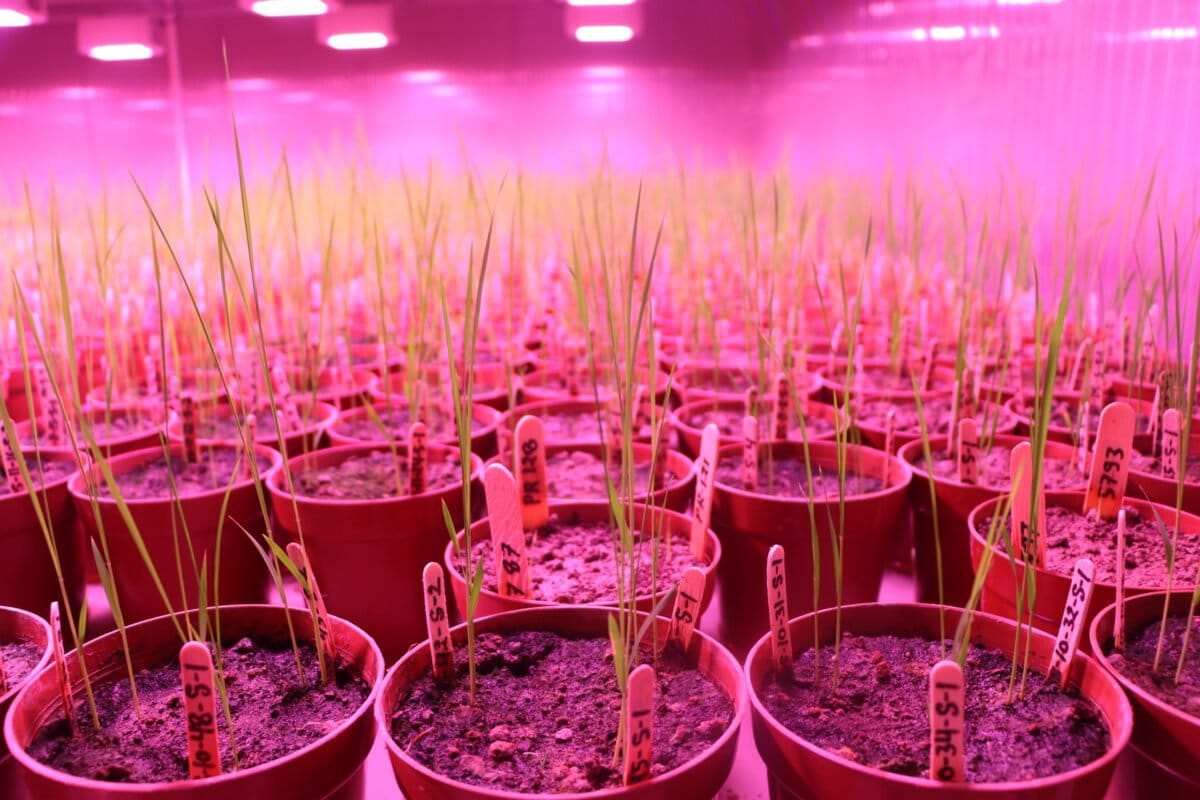Sulochana Gadgil, an eminent Indian meteorologist, died on July 24. She was 81. Gadgil contributed to the scientific understanding of the Indian monsoonal system, which has in turn become the foundation for projecting how climate change will impact the monsoonal system, and in turn the future of the South Asian region.
Born in 1944 in Pune, Maharashtra, Gadgil did her schooling and initial university education in the city. She completed her Ph.D. in Applied Mathematics from Harvard University and worked as a research fellow at the Massachusetts Institute of Technology in Boston, USA. In 1971, she joined the Pune-based Indian Institute of Tropical Meteorology (IITM) as a scientist. Two years later, she moved to the Indian Institute of Science (IISc) in Bengaluru. She played a significant role in the establishment of the Centre for Atmospheric and Ocean Sciences at IISc.
“Perhaps the most important part of my education at Harvard and MIT was learning the art and science of modelling of complex systems from stalwarts in the field,” she wrote in an Indian Academy of Sciences publication. “This gave me the confidence to undertake modelling studies of not only the monsoon, but also of crops and to develop simple models for the impact of pests and diseases on crops in a variable climate.”
Her foremost contribution to the understanding of the Indian monsoonal system was to define that the movement of the rainclouds from south to north, and back, which went beyond the till-then believed to be movement of winds from the sea to the land. She stated that the monsoons were a part of planetary processes and were “the manifestation of seasonal migration of the intertropical convergence zone (ITCZ).” From here it was logical to connect the Indian system to the El Niño and La Niña phenomenon.
Further, she studied the impact of excess or deficient summer (southwest) monsoon on agricultural production in the country and the national GDP, using data from between 1951 and 2003. The study found that while deficient rainfall had an adverse impact on the production and the GDP, excess rainfall did not cause a positive impact.
Sulochana Gadgil is survived by her children, their families and her husband Madhav Gadgil who is an ecologist and was the chairperson of the Western Ghats Ecology Expert Panel, which in 2011 highlighted the ecological significance of the Western Ghats mountain chain and the need for the conservation of its ecologically sensitive regions.
Banner image: Sulochana Gadgil by Ministry of Earth Sciences via Facebook. Monsoon in the Western Ghats by KV 192 via Wikimedia Commons (CC BY-SA 4.0).














